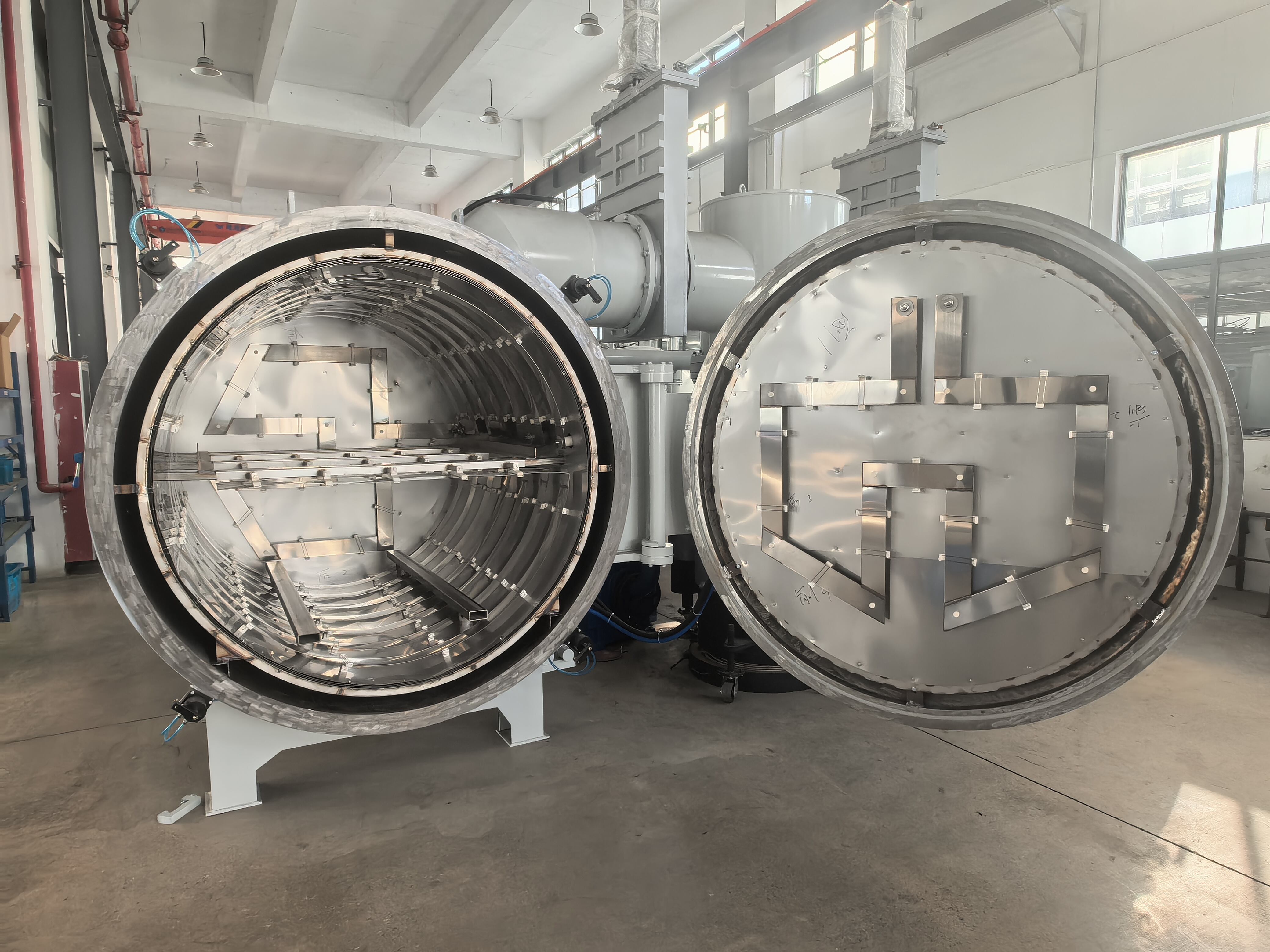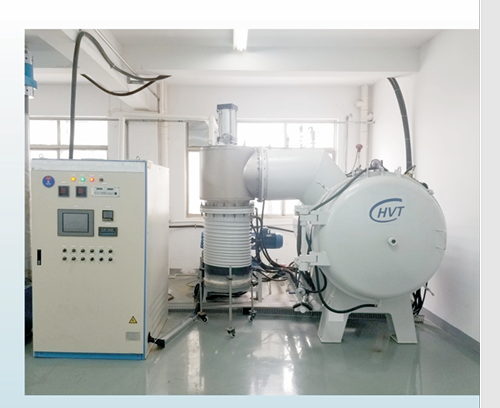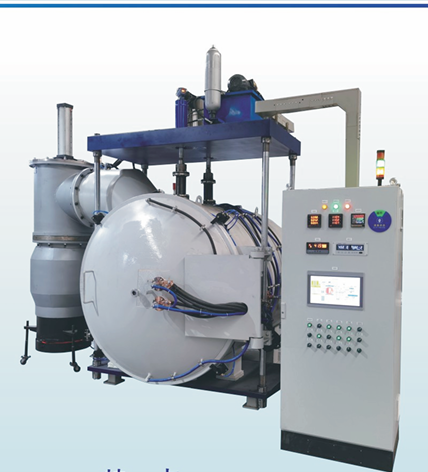mechanical pressure pump
A mechanical pressure pump is an essential device engineered to generate and maintain precise pressure levels in various industrial and commercial applications. This sophisticated piece of equipment operates through mechanical principles, utilizing rotating or reciprocating components to create the necessary pressure differential. The pump consists of several key components, including an inlet port, pumping chamber, outlet port, and drive mechanism. Through its mechanical operation, it effectively converts kinetic energy into pressure energy, enabling the controlled movement of fluids or gases. The technology behind mechanical pressure pumps has evolved significantly, incorporating advanced materials and precision engineering to ensure optimal performance and reliability. These pumps are designed to handle a wide range of substances, from water and oils to chemical solutions and gases, making them indispensable in numerous industries. Their versatility is demonstrated through various configurations, including positive displacement, centrifugal, and axial flow designs, each optimized for specific applications. Modern mechanical pressure pumps often feature advanced monitoring systems, ensuring consistent pressure maintenance and operational efficiency. They play a crucial role in manufacturing processes, water treatment facilities, chemical processing plants, and numerous other industrial applications where precise pressure control is essential.


